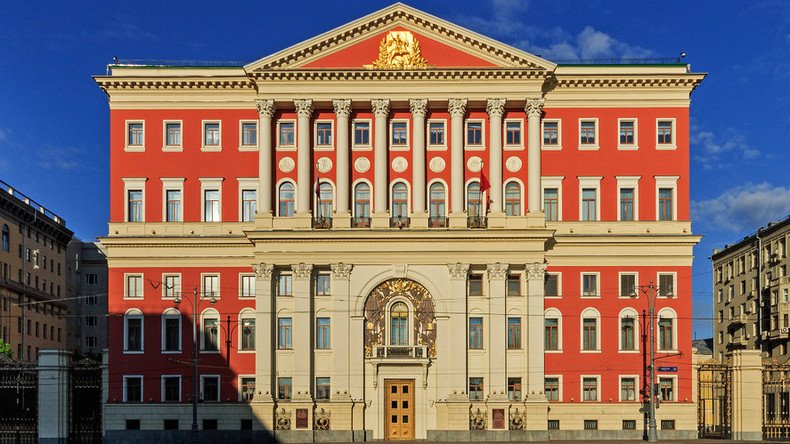Moscow to scrap Microsoft Outlook on Putin's call to use domestic software

Authorities in the Russian capital plan to substitute US computer software with locally produced alternatives. As a first step, about 6,000 Moscow officials will start using a corporate e-mail system called MyOffice Mail instead of Microsoft Outlook.
An idea to get rid of foreign software from computers used by Russian authorities was backed by President Vladimir Putin due to his security concerns after the relationship between Moscow and the West deteriorated over Ukrainian crisis.
In March, the Russian President said that starting from the second half of 2016; all state-backed companies should switch to Russian software. If public authorities want to buy foreign software, they must first consult with a special registry and make sure that there are no similar Russian products. If there are Russian alternatives, authorities will have to explain why Russian software doesn’t suit their needs.
Next year, Moscow wants to expand the software substitution developed by Russian company New Cloud Technologies to as many as 600,000 machines, said Artem Yermolaev, head of information technology at the Russian telecoms operator Rostelecom. Microsoft Windows and Office may be abolished later on, Yermolaev added.
According to the Minister of Communications and Mass Media Nikolay Nikiforov, Russia spends about 20 billion rubles (over $300 million) every year on foreign software, while local companies are ready to provide the government with similar IT solutions.













